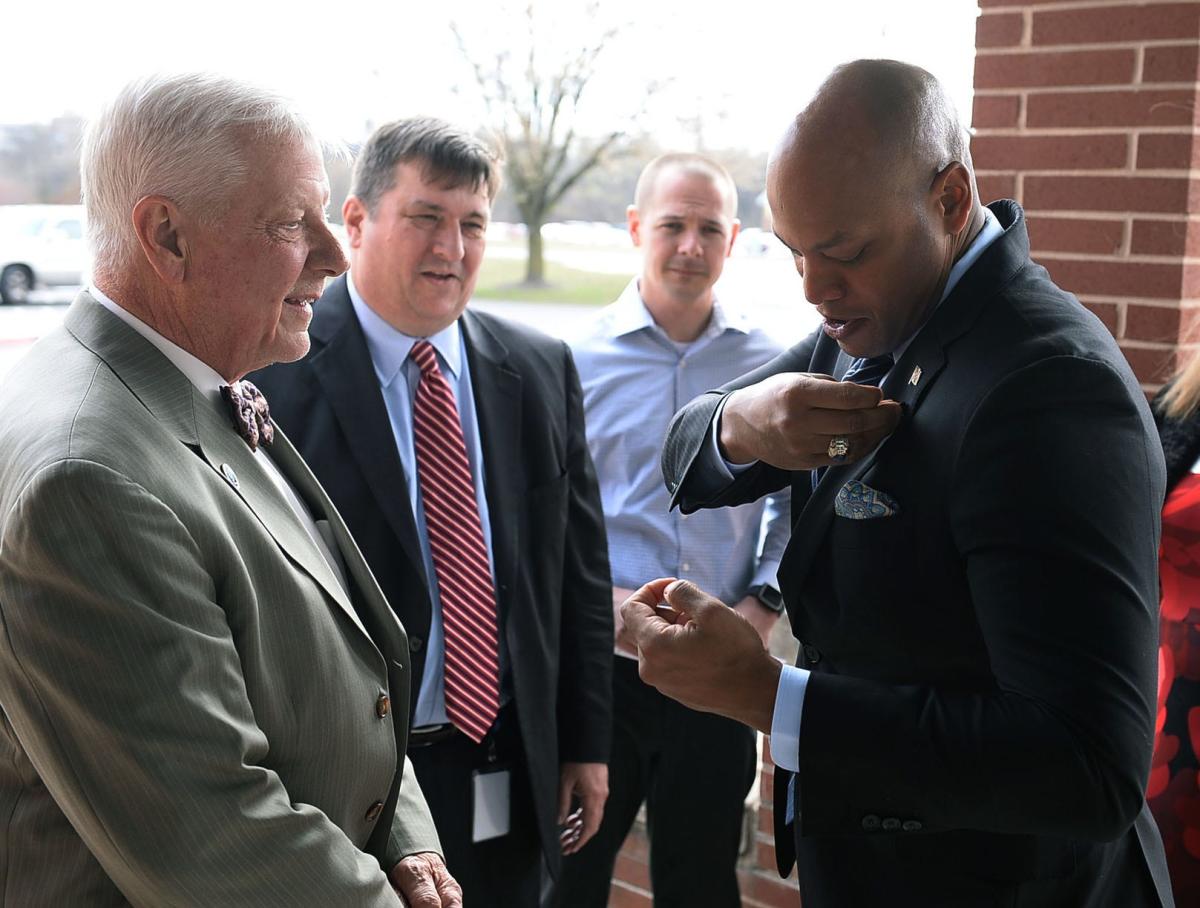Navy Petty Officer Jamica Ballard: From Maryland to Norfolk, Serving with Pride Aboard USS Kearsarge

NORFOLK, Va. – Petty Officer 1st Class Jamica Ballard, hailing from Fort Washington, Maryland, is a dedicated member of the United States Navy, stationed aboard a warship docked in Norfolk, Virginia. Ballard’s journey from Friendly High School in 2008 to the USS Kearsarge today is a testament to her unwavering commitment to serve her country.
Ballard’s experiences in Fort Washington have played a significant role in shaping her outlook on her Navy career. She shared a valuable lesson she learned from her mother, saying, “The main lesson I carry with me is from my mom. She always told me to never take things personally when I’m doing a job. That lesson helps me adapt to various environments and work with people with different personalities because I may not always get along with everyone, but I can’t take it to heart.”
Joining the Navy 14 years ago, Ballard’s journey began during the throes of the economic recession. She reflected on her decision, stating, “I was working at Blockbuster when the recession started. The economy was going through a hard time, and Blockbuster got phased out, so I lost my job. My older brother was interested in joining the Navy, and I went with him when he was being recruited. I ended up going, but he didn’t.”
Today, Ballard serves as a mass communication specialist aboard the USS Kearsarge, a formidable vessel with a crew of approximately 1,200 members capable of accommodating up to 1,800 Marines. USS Kearsarge is part of the Wasp class of multipurpose amphibious assault ships, carrying out critical missions that involve the transfer of Marines, equipment, supplies, and air support capabilities.
The role of the Navy and sailors like Ballard in America’s defense strategy cannot be understated. As the nation focuses on rebuilding military readiness, strengthening alliances, and reforming business practices in line with the National Defense Strategy, Ballard emphasizes the Navy’s significance. “I think the Navy is important to national defense, especially for what we represent…



